
Russian rule has also changed social life in Crimea, as there is a ban on open air meetings and the operation of non-governmental organizations. (Photo: AA)
Simferopol, Crimea,2 Jumadil Akhir 1436/22 March 2015 (MINA) – Russia has increased its influence in Crimea in the social, political and economic fields since it annexed the region a year ago.
Crimea was formally annexed by Moscow after an illegal independence vote on the heels of violent anti-government protests in the Ukrainian capital Kiev that led to the overthrow of then-president Victor Yanukovich.
Russia began by banning broadcasts from Ukrainian television and the Russian, Ukrainian and Tatar languages were added to the official languages of the region, Anadolu Agency quoted by Mi’raj Islamic News Agency (MINA) as reporting.
Russian, however, has become a compulsory language in schools, whereas the other two are optional languages. In addition, sections from the Bible were added to the books of first grade classes.
Also Read: UN Rights Office Reports 798 Gazans Killed While Seeking Humanitarian Aid Since Late May
Clocks were also set one hour back to match with Moscow time and Crimea’s new administration obliged Crimeans to take up Russian citizenship as well as changing the autonomous region’s constitution.
Moscow has notably focused its weight in the military field in the Crimea region and deployed an estimated 40,000 troops with tanks, ships and warplanes in the port city of Sevastapol, one year after its annexation.
Russia deployed defense units, BAL-E and Bastion type new missile systems to the Balbek Air Base located in Sevastopol. The Russian government is yet to refuse allegations that Russia will deploy nuclear weapons in the region.
Crimean Turks were particularly affected by the annexation and their political presence has been hindered. The first example of this was a ban imposed on the leader of Crimean Tatars, Mustafa Dzhemilev, from entering his homeland in April 2014.
Also Read: US National Education Association Passes Resolution to Ban Pro-Israel Curriculum in Schools
The Crimean News Agency’s operations were halted by Russian authorities. They were asked to broadcast in line with Russia’s laws and later not granted authority to broadcast at all.
The ATR television channel, which was the broadcast body of Crimean Turks, was stormed and all its equipment was taken. The channel will have to halt its broadcasts as of April as it has not been granted the necessary permission to continue.
Russian rule has also changed social life in Crimea, as there is a ban on open air meetings and the operation of non-governmental organizations.
Hassan Amrsaliyev, the head of Crimea-based NGO Fraternity, said, “We have not been able to hold any activities since the beginning of the annexation, just in closed areas such as museums.”
Also Read: Macron Urges Joint France-UK Recognition of Palestinian State
Amrsaliyev said their application, to hold a meeting to mark the ‘day of the victims of Stalinism’ on August 23, was rejected.
Tourism is another field that has been severely impacted by the annexation, as international and Ukrainian tourism companies have left the region. (T/P001’P3)
Mi’raj Islamic News Agency (MINA)
Also Read: Heat Wave Across Europe Causes 2,300 Deaths, Study Finds





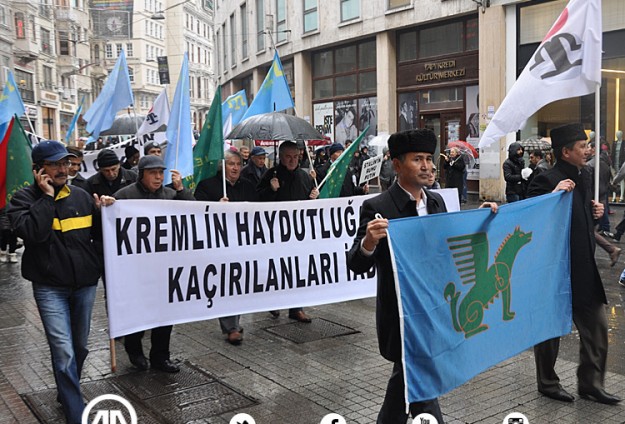



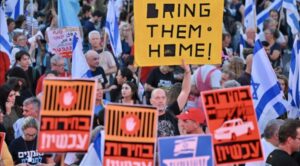
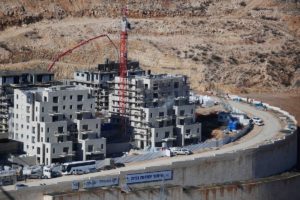
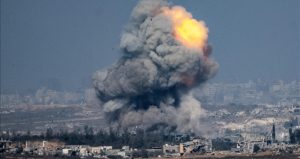

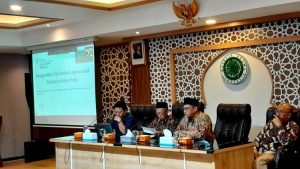
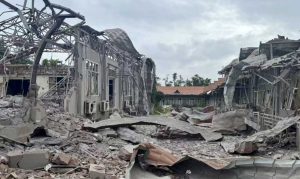
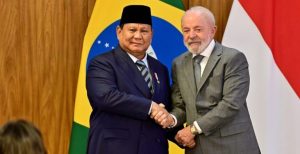

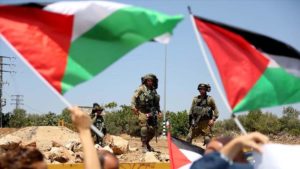
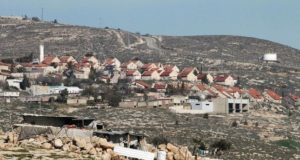
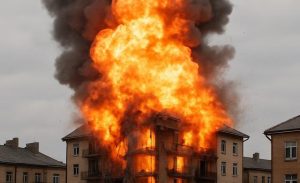





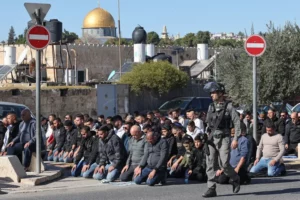

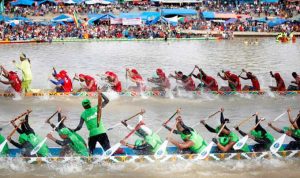

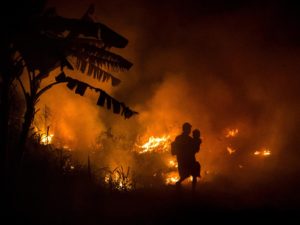



 Mina Indonesia
Mina Indonesia Mina Arabic
Mina Arabic